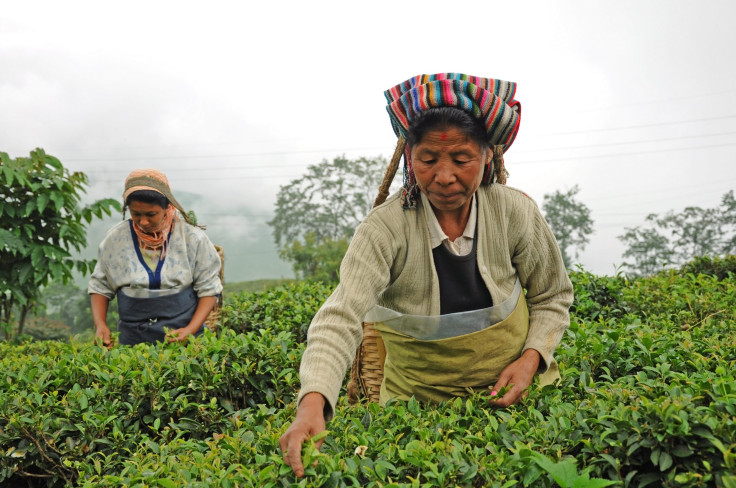Changes In Environment Can Pose ‘Threat’ To Traditional Medicine Around The World: Study

Though it may seem strange to those living in the West, traditional medicine — such as the use of herbs, plant-based medications, spiritual therapies and meditation — still plays a large role all over the world, especially in Asia and developing countries. People living in these areas rely on a knowledge base that has developed over hundreds and thousands of years, based on local plants and herbs, as well as spiritual beliefs.
A new study examines how the changing environment may have an impact on traditional medicine around the world. In fact, “[t]raditional medicine provides health care for more than half the world’s population, with 80 percent of people in developing countries relying on these practices to maintain their livelihood,” Dr. Haris Saslis-Lagoudakis, an author of the study, said in a press release. “It is a very important part of traditional knowledge.” He went on to stress that changes in the environment may “pose a threat to traditional knowledge.”
Saslis-Lagoudakis and his team of international researchers, led by the University of Reading in the U.K. wanted to discover how the environment impacts the use of medicinal plants in indigenous cultures. They focused their research in Nepal, located in the Himalayans, known for its cultural and biological diversity. “By understanding the relationship between environment and traditional knowledge, we can then understand how cultures have responded to changes in the environment in the past,” Saslis-Lagoudakis said in the press release.
The research team examined 12 different ethnic groups from Nepal, studying their use of plants in traditional medicine. They measured the similarities in these cultures’ medicinal floras, and how closely related the plants are, including their geographic separation. The team discovered, not surprisingly, that Nepalese cultures that were exposed to similar plants ended up developing the same kinds of traditional medicines. “Although shared cultural history and borrowing of traditional knowledge among neighboring cultures can lead to similarities in the plants used medicinally, we found that plant availability in the local environment has a stronger influence on the make-up of a culture’s medicinal floras,” the authors wrote.
Essentially, and perhaps obviously, the environment significantly impacts the type of traditional medicine that is developed in different parts of the world. But perhaps more importantly, this also means that environmental changes can lead to disrupted ecosystems, a loss of plant species, and a “poorer natural environment,” the authors write. “This will then affect what plants people can use around them.” The authors state that we ought to be concerned about this, in order to prevent the loss of important medicinal information that has been passed down from generation to generation.
“This knowledge is typically passed down from generation to generation, or it is ‘borrowed’ from neighbors,” Saslis-Lagoudakis said. “Because of this borrowing, globalization can homogenize medicinal practices of different communities, leading to loss of medicinal remedies." He continued, "Understanding the factors that shape traditional knowledge can provide the underpinnings to preserve this body of knowledge and predict its future."



























